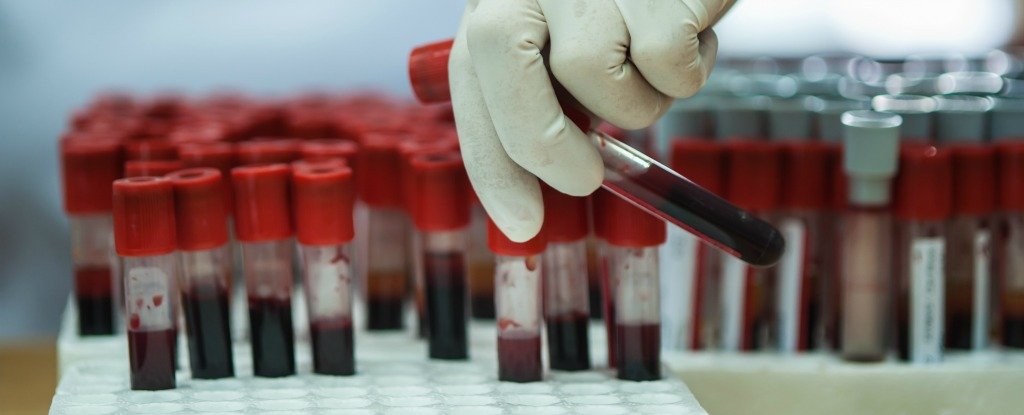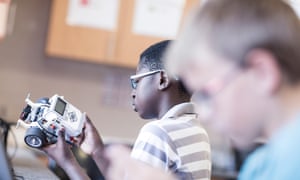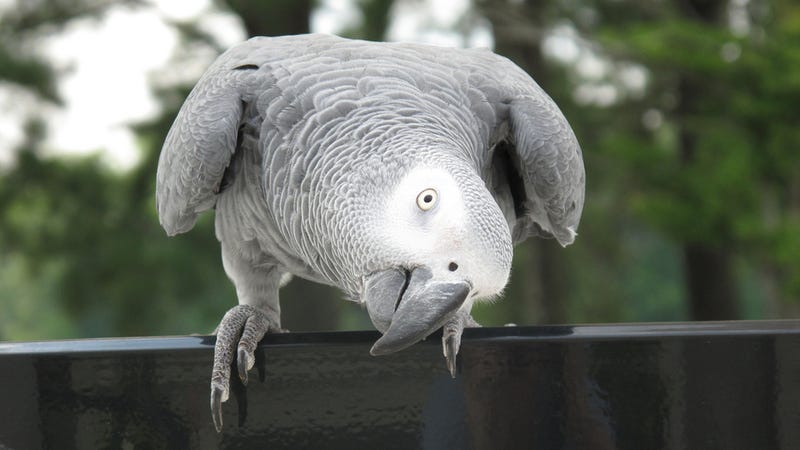
https://www.youtube.com/watch?v=_0dXodS8Qq0 From the SciWomen16 Summit. Women Advising Other Women at the California Academy of Sciences.
http://www.theguardian.com/teacher-network/2016/jan/12/science-resilience-how-to-teach-students-persevere From The Guardian Education, how to teach students to persevere. Teaching resilience. This article is by a neurologist and trainer of educators. This is a commentary with some suggestions based on her research.

http://blog.theliteracysite.com/WordCrimes/ Weird Al has a great video on grammar "Word Crimes". I am still laughing. (Weird Al has a big Dictionary.)
http://gizmodo.com/we-finally-know-why-birds-are-so-freakishly-smart-1781889157
From Gizmodo, Why Are Birds So Smart? From PNAS, an estimation of the numbers of neurons in a bird's brain.

http://news.nationalgeographic.com/2016/06/first-mammal-extinct-climate-change-bramble-cay-melomys/ From the National Geographic blog, a report of a mammal species native to the Great Barrier Reef Bramble Cay melomys that has gone extinct due to climate change.
http://unionnewsdaily.com/news/county/25103 This is an article from the Union County NJ Daily News about the concern that the colleges and universities are hiring an increasing number of adjunct faculty members to teach classes who are unable to provide the services that students need.
http://www.nature.com/news/first-rodent-found-with-a-human-like-menstrual-cycle-1.20072 This is a Nature publication of research done at Monash University which identified a mouse with a reproductive cycle similar to that of a human. The spiny mouse can possibly be used to research women's menstruation-based health issues.
http://ed.ted.com/lessons/a-brief-history-of-melancholy-courtney-stephens From Ted-Ed, a brief history of melancholy.
https://www.sciencedaily.com/releases/2016/06/160616071935.htm From Science Daily, a report of research done at Ohio State University showing the ill effects of women's long working hours on their health. The research will be published in the Journal of Occupational and Environmental Medicine.

https://climatecrocks.com/2016/05/23/defending-science-with-michael-mann/ Defending Prof. Michael Mann against climate change deniers. This is an article by Peter Sinclair about Prof. Mann who is at Penn State.

https://www.cshl.edu/news-and-features/a-consortium-to-map-the-brain-is-launched.html This may be a repeat from last winter. From Cold Spring Harbor labs a report of the launching of a consortium to map the brain so that the precise location, shape and connections of all neurons can be generated.
It's called BOINC, barcoding of individual neural connections.
http://www.the-scientist.com/?articles.view/articleNo/46326/title/Single-Bacterial-Species-Improves-Autism-Like-Behavior-in-Mice/ This is an article from The Scientist about mice being fed a high fat diet whose pups lack certain social behaviors (autism-like). Analyzing their gut microbiota showed they lacked Lactobacillus reuteri. This research has been published in Cell.
http://www.chemheritage.org/discover/media/distillations-magazine/02-1-04-science-protector-of-the-common-good.aspx From Distillations, a publication of the American Chemical Society, a
great cartoon from artist Frederick Opper depicting the concern of consumers for chemical safety.
http://www.cmpod.net/all-transcripts/a-fleas-worst-nightmare-on-the-plague-text/ The story of the Bubonic Plague from the Curious Minds Podcast.
https://www.washingtonpost.com/news/energy-environment/wp/2016/06/13/the-atmosphere-has-crossed-a-grim-milestone-and-scientists-say-well-never-go-back-within-our-lifetimes/
This is an article from Washington Post about the finding that the atmosphere will not go below 400ppm CO2 in our lifetimes. This is a finding to be published in Nature Climate Change and was conducted at the UK Hadley Center and the Scripps Institution.

http://www.the-scientist.com/?articles.view/articleNo/46143/title/Students-Study-Their-Own-Microbiomes/ This is an article from The Scientist about college classes using the students' own microbiomes as research subjects in their own classes. This was done as an HHMI curriculum initiative at the University of Michigan. Results were published in Genome Biology.
No comments:
Post a Comment